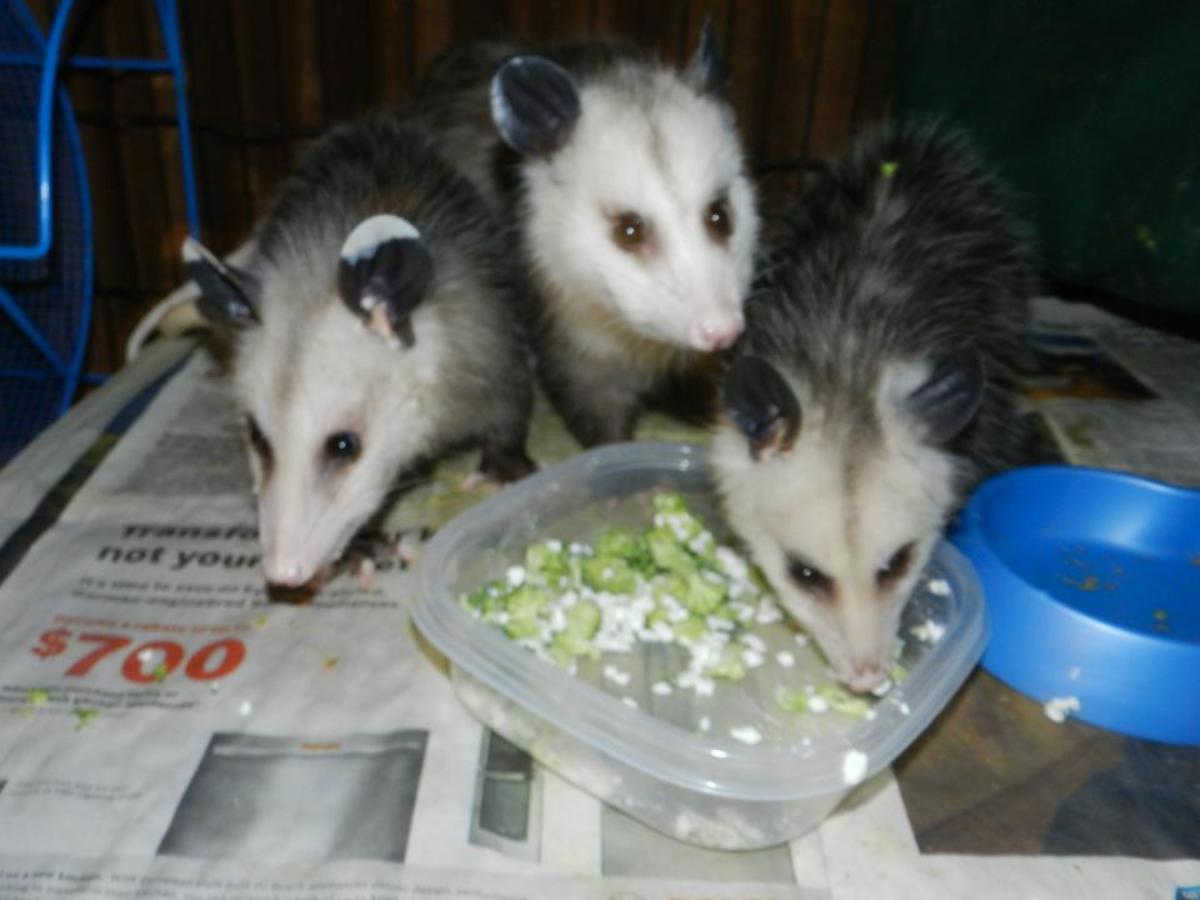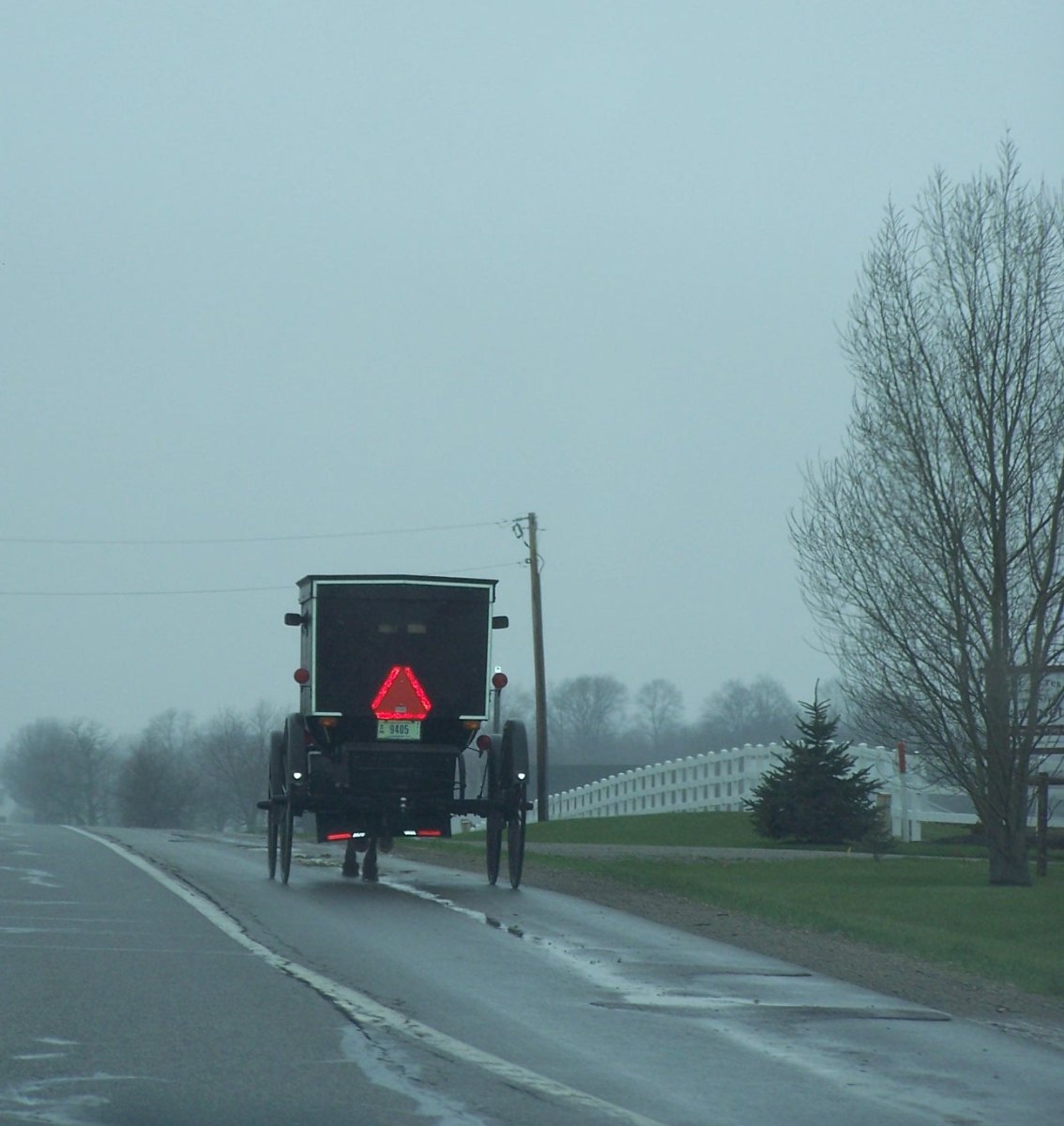RAF Love


Adding an animal to one’s life is a decision as serious as getting married or having children. And whatever the reasoning may be, it should not be taking lightly!
The lifespan of an animal can range from a few short years such as with fish or rodents to the glorious 50-100 years a Macaw can live. And while it can’t be guaranteed that the ‘owner’ will outlive his/her ‘pet’ or the pet lives that long, the plan should match the pet chosen and the responsibility taken should allow for a ‘forever’ home.
We have our preferences and usually know what we want. But in the end it should be about the needs of both the animal and its ‘family’. In order for all those involved to enjoy a harmonious and peaceful life, honest considerations should go to matching up the ‘parent’ and the ‘pet’!
Who am I?
A good, honest, hard look at oneself will give a few criteria for selecting the future family member. You may notice that the chosen word is ‘family member’, not ‘pet’ or ‘tool’. ‘Companion’ would be another desired word! And most creatures will become that, if the option is given – A Companion.
Personality is an important part of the personal criteria. An active person may be bored to death with low-key animal that prefers sleeping for 20 or more hours, rather than playing. And while choosing a more active animal may help a rather laid back person to become more active and/or healthy, living with a 90 mph play machine may seriously interrupt the preferred quiet life!
A dog can provide either a social life or a companion for those seeking solitude. But, again, both needs have to be met to ensure a happy relationship.
Other considerations are the length of absence, the desire to spend time at home or rather outside, and/or the arrangements that can be made for longer absences. Fish don’t require daily maintenance other than feeding. It takes a degree of knowledge to successfully have a fish tank and the maintenance of it can be work, but a fish is completely satisfied in its own world; as long as the water is ‘clean’ and the food keeps coming. A cat may sleep during the day, but does require some company and a clean environment (the hated litter boxes!). A dog, unless abandoned to the backyard, requires regular ‘potty breaks’ and is a pack animal. While cats may benefit from the company of other cats or companions, for the average dog it is a way of life. And when the human pack is not present for long periods of time, it may suffer; making it a great choice for a family that spends some time at home. Otherwise it may be wise to arrange for dog-sitting or add another pet.
Analyzing one’s education and experience should also be considered when choosing an animal. A bird lover would be well advised to start small with maybe a Finch or Parakeet and work his/her way up to a expensive and often intelligent and stubborn Macaw. A cat lover may start with a house cat before choosing a expensive breed that may require special treatment and extensive knowledge. A first-time dog parent may want to consider a gentle breed or mutt, rather than attempting to outsmart a Pit-Bull or a Great Dane.
Another thing to consider is one’s physical limitations and will-power. Health and disabilities can limit the type or breed of animal one should chose. But as important is the combination of ‘statue’ and will power. Size doesn't matter as much in the eyes of a dog. The dog senses the human’s inner strength and will power. But especially new ‘parents’ should chose a dog that matches their physical strength. Will power does a lot, but it will take some time for both the dog and the owner to learn how to properly communicate with each other and establish the rules and rank structure. It is important that the owner can control the animal until the communication and cooperation is achieved.
With that said: A rather laid back, patient and gentle person may ‘better luck’ befriending a shy or even mistreated animal that would shy away from Mr./Mrs. Confidence. A energetic, self-confident and active person can easily meet the needs of a willful, high-energy, stubborn working dog such as a Pit-Bull, while a gentle person may be overpowered by it.
Another consideration is for those living the Military life or working in jobs requiring a lot of travel. Before choosing a pet one has to decide if the pet will be provided for in case of absences. Similar to ‘having a plan’ for one’s child when a soldier is ordered to deploy or PCS, a plan has to be in place to ensure the care of the family pet. A pet should not be affected by those life-changing situations or abandoned/becoming homeless because of them. Military life can coexist with having a pet, but precautions have to be taken!
My environment
In the same thought process deciding over one’s lifestyle, the question of the ‘Where?’ should appear. A small apartment may require the choice of a low-key or smaller animal. If the apartment is on the upper floor, a pet other than a dog should be chosen; unless the parent is willing/able to carry the pet. Some dog breeds are especially prone to health issues when forced or chose to do a lot of activities such as climbing stairs, jumping on couches or excess running. In its quest o breed the ‘perfect’ dog, sometimes health concerns were rated a lower priority than looks or usefulness.
A farm is a great place, but does one really want to have a dog of the toy-breed category running lose between thousand pound horses, tractors and other occupational hazards? While a large breed dog may not be as happy living in a New York style city, a large backyard or farm may seem as a gift straight down from Heaven!
A rather confrontational consideration has to be made when serving in the Armed Forces. In recent years the US Military has placed more and more restrictions on the type of animals allowed in Base Housing. While the choices of dog breeds, for example, can be argued, it does require a Military pet owner to take a harder look at a pet chosen! Sadly the too often misunderstood Pit-bull and its related Bully breeds is no longer allowed in Base Housing. And while moving ‘off-base’ can temporarily fix that problem, it may not work when moving overseas.
Choosing the Source
Pet Stores seem to offer easy options of finding a pet. But in reality there are some serious issues to be thought off! Seemingly too many Pet Stores receive their animals from commercial breeders such as Puppy Mills. The conditions of the animals at these Puppy Mills are deplorable and can only be likened to Hitler’s Concentration Camps! When money is involved ‘humane’ seems to disappear out of the word ‘human’! Profits become more important than quality; and the animal(s) pay(s)!
There are three types of breeders:
- The legitimate breeder will breed few and selected litters from healthy and well cared for parents. He/she will provide basic and medical care and the proper socialization and training. Buyers/adopters will be carefully selected and checked, and the support doesn't end the day the puppy leaves the breeder’s house. But the knowledge of getting a happy and healthy animal comes with a hefty price; making it even more important to think the decision to get one thoroughly through!
- The backyard breeder is out for one thing and one thing only: Money! The breeding stock is kept in very questionable situations; minimum care often as rare as medical care. Puppies and such are mass produced and advertised on classified websites, in classified papers or in the supermarket parking lot. First come, first serve! Hand over the money! Get out! Too often the animals go to questionable situations such as dog fighters looking for bait.
- The accidental breeder either didn't know better or didn't have the resources to spay/neuter. “Ooops” is the first word when it happened and “Oh my God! What now?” comes soon after. The fate of the accidental litter can be similar to the fate of the products of the backyard breeder, an Animal Control shelter (too often a kill shelter) or a lonesome stretch of road. They weren't planned or wanted and have to go.
Every Rescuer will request to ‘adopt rather than buy’. The overage (or those that have ended up homeless for one reason or another) of those mentioned above will end up at an Animal Control shelter or, if lucky, at a rescue. The word ‘Animal Control’ gives it away: The employees are there to ‘control’ the issue presented by irresponsible pet owners!
When choosing to adopt rather than buy, good research is important. A shelter or the questionable quality of the animal’s former life can leave visible or invisible scars. It may or may not be necessary to have a certain degree of experience to be able to address the needs of a shelter animal. The caring first time adopter may need to consider the often slightly more expensive adoption from a legitimate (Oh yes, there are also others!) rescue in order to be properly matched with a future companion and receive the support needed to ‘make it work’!
When choosing to adopt from an Animal Control shelter, the action seems so much more gratifying. And while taking a hard and close look at one’s ‘rescue’ is very important, first impressions can also be misleading. A shelter has a lot of effects on animals and may hide the true character of that animal. Shy dogs/cats can be outgoing in the safety of a home; a pushy dog can become cooperative when the defensive measures become unnecessary and the rules and rank structure is established. Choosing the right ‘pet’ is a combination of instincts, research, first and expected second impressions; and a bit of luck. Living with that choice or decision may require both sides to find a way of communication, learn to respect each other, accept each other’s faults and habits; and being happy with what one has, rather than what one wants. Beauty is in the eye of the beholder and happiness is created by oneself, not something that should be expected to come automatically!
Age category?
Animals change with age. Just like humans do! And choosing to select a kitten/puppy, an adult or a Senior is as important as choosing the species or breed of one’s pet. The decisions flow into each other and are all connected and related; making the final decision process a bit chaotic at times.
One may chose to adopt a kitten or puppy for several reasons: If all goes well the lifespan of the pet may be longer than that of an adult or Senior. A beginner may or may not have an easier time succeeding with a younger dog; heavily depending on the education/training the beginner seeks and the support provided by the source! But while a puppy is a blank slate or a fresh lump of clay to be formed and burned to an eternal piece of art by its owner, mistakes made raising the puppy can become an issue in the long run. Not all ‘bad’ dogs are bad because of a ‘bad’ owner. The lack of knowledge and/or training can allow misbehavior/unwanted behavior to stay uncontrolled. “It’s all what you make of it!” To raise a child of any species, there has to be a healthy mix of factors. Health of mind and body is as important as mentoring, proper praise and discipline, productive guidance.
Puppies/kittens are very similar to ‘human’ children. They learn by touch (such as puppy or kitten teeth, kitten claws or puppy paws), trying out and exploring. Manners have to be taught and guidelines have to be set in order for the kitten or puppy to succeed as a beloved and valuable member of one’s family. And like children, they can be subject to illness and injury if their medical needs are not met and their immune systems are not built up.
Adopting an adult dog/cat seems to sound like a good choice when one doesn't like chewed shoes or ‘gifts’ left on the carpet. But research becomes now more important!
“What you see is what you get!” comes pretty close to the truth. An adult animal has certain learned behaviors that can be either good or bad. It heavily depends on the environment they grew up in, the quality of their upbringing, the recent good or bad experiences; and the healthy relationship between the new owner’s acceptance of what he/she is faced with and the willingness/ability to make it work.
Pure bred animals can make up as much as 50% of homeless animals. But the breed is only part of the forming power. Breed characteristics come in play as much as the environment and history of an animal. Another factor is the spay/neuter status of an animal. An unfixed dog/cat may possible have the hormone driven need to establish a position; while a puppy/kitten hasn't reached that point yet; and the hormone driven ‘actions’ can be easily avoided by spaying/neutering the animal as early as possible. Being a living creature, each animal also adds personal characteristics to the mix.
Overall it can be good or bad to adopt an adult animal; or it can be turned into something good, no matter what the conditions were at the starting point. Wanting to make it work is very important!
Seniors are a special category. While their lifespan may or may not be as long as the one of a puppy, Seniors can make great companions. Most are not as active anymore and are perfectly happy with some attention, a soft place to sleep, a good meal and a roof over their head.
Their ‘history’ may leave the adopter with ‘baggage’ from a former owner; forcing him to fix the medical issues (such as dental issues) that occurred through lack of care. They also may have issues that come from being ‘old’. But like their human counterparts Senior animals have a lot to offer. They learned many lessons in their life and have a seemingly bottomless pit of knowledge and wisdom. Especially when their life wasn't as good as it should have been, their gratefulness cannot be put in words. And should history not have taught us the value of family and that we should respect and care for our elders!?
Giving a Senior a home for the last days, weeks, months, years of its life, no matter how much benefit we may receive out of it ourselves, is the true meaning of the word ‘Rescue’!
Financial Burden or Responsibility?
Properly caring for a living creature isn't free! Depending on the creature chosen, it actually can become quite expensive. Cats and Dogs need a serious of shots; either mandatory or to prevent them from getting infected by the many diseases that can become costly or deadly. Other things to consider are blood tests that confirm health or the need of taking actions to achieve that health. Regular visits to the vet for check-ups are equally important. Life-style, genetic conditions or Murphy’s law may cause other health concerns such as injuries that require extensive medical care. Just buying food, toys, beds and other needed or wanted items can become expensive. Animals can also cause damage through lack of training or lack of supervision.
One is well advised to talk to experienced pet owners and make a list of the expenses that could possibly be faced. These expenses occurred until ‘death does us apart’ need to match the ability of the new owner to care for the animal. A starving animal is a heartbreaking sight and unnecessary. Research can help off-set a lot of the cost. Some products are unnecessary or work better than others. Good price-shopping habits can allow an owner to purchase both the needed and the wanted. But the best investment will be training and education.
Training and Education:
“It’s the dog’s fault!” Sorry, but that is wishful thinking! A dog is looking to his pack leader for guidance and repeats learned and instinctive behaviors. Dog Trainers may be a great tool and can help a dog understand what is expected, but how useful is a Harley Davidson to somebody who hasn't learned how to ride a ‘bike’? Most of the issues between dogs and their ‘owners’ come from lack of/poor communication and lack of guidance. Rank and rules have to be established and enforced. Most dogs have the inherited will to please, but they weren’t born speaking ‘Human’. And as great as it sounds, Mind-Reading is not one of their more developed abilities. They do have the ability to sense and read a human’s feelings and expectations. In a pack of wolves it is necessary to read the ‘signs’ to avoid feeling teeth! Not following rules or ignoring signs may mean death. And considering the amount of animals that have been ‘gotten rid of’, this rule applies with humans.
Tools are available in all shapes and forms. In Germany there are many dog clubs that are not breed specific. Dog owners meet to socialize both themselves and their dogs. Classes are taught and behaviors investigated. The membership is often low or even free. America’s dog parks sometimes operate in a similar fashion.
Another great tool is dog training for owners and their companions. It can become expensive with the prices that commercial schools charge, but there are a few caring souls that offer the classes to help owners and their companions rather than making money.
The Internet and a wide variety of books can round up the picture. A very impressive German Dog Trainer of a at that time free Dog Club did surprise his students, tough: He asked them to read a certain book about wolves. Especially Huskies and Malamutes can show a lot of characteristics that can be explained by studying their close relative, the Wolf. One should consider that the ‘pet’ is in reality a domesticated wolf! While wolf-like looks may have been bred out, deep down in their heart these creatures do what Mother Nature taught their instincts to do: Follow the rules of Nature and survive!
Having gone through the long and tidies procedure of deciding over the addition of a animal companion and which one to chose, one may wonder: “How will I manage all that?!”
A good way to find that out is a trial period. There is the option of asking friends and family to borrow their dog, cat, bird or rodent for a period of time to see if a match would be possible. If that is not available a potential pet owner can chose to volunteer as a Foster Parent.
Fosters save lives by giving a death-row candidate a valuable gift: Time!
Rescues use this option to free kennel space for other ‘survivors’, to complete needed medical care, to help a rescued animal gain needed training or social skills; and to organize such things as transport or quarantine.
For the potential pet owner it is a two-sided option: Life with a pet can be tried out and fully experienced; and a death-row candidate may become a ‘survivor’! A good rescue will match the potential pet owner with a pet matching the owner’s situation and abilities. And in the End the Foster Parent may become a Foster Failure and the fostered ‘survivor’ a lifelong companion.
Pet-ownership, or rather -companionship, is a serious business! It is about the peaceful, fulfilled and happy relationship between two living creatures! Research, honesty with oneself and careful planning can make it happen!
RAF Love - Rescue-Adopt-Foster





